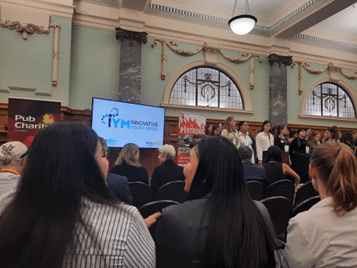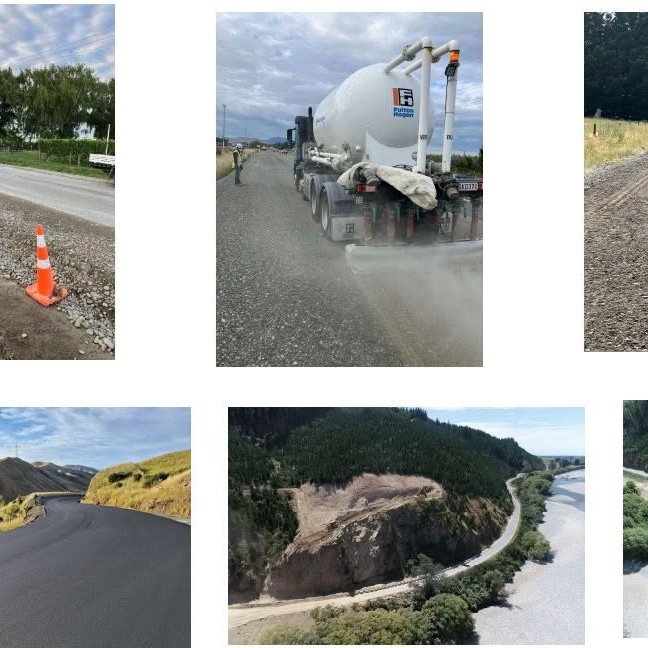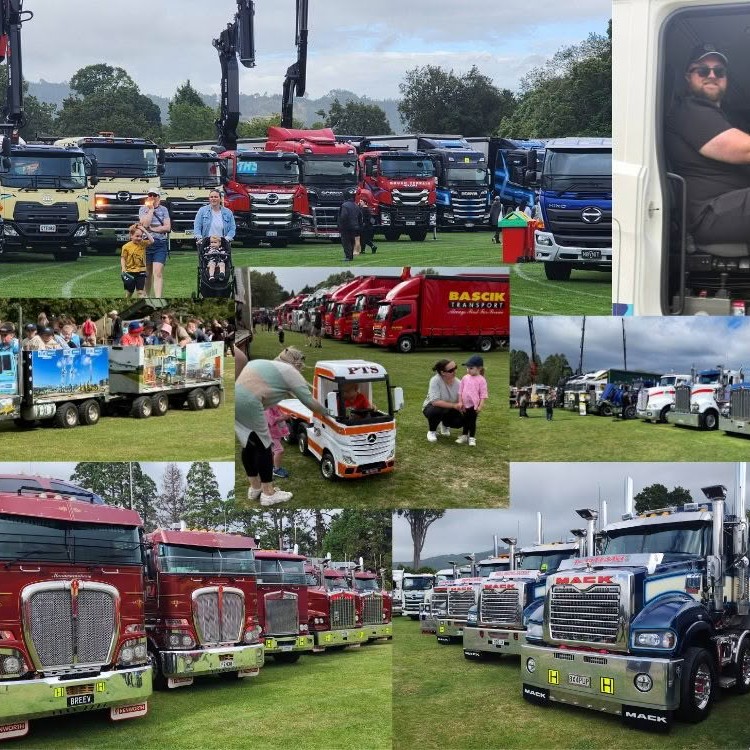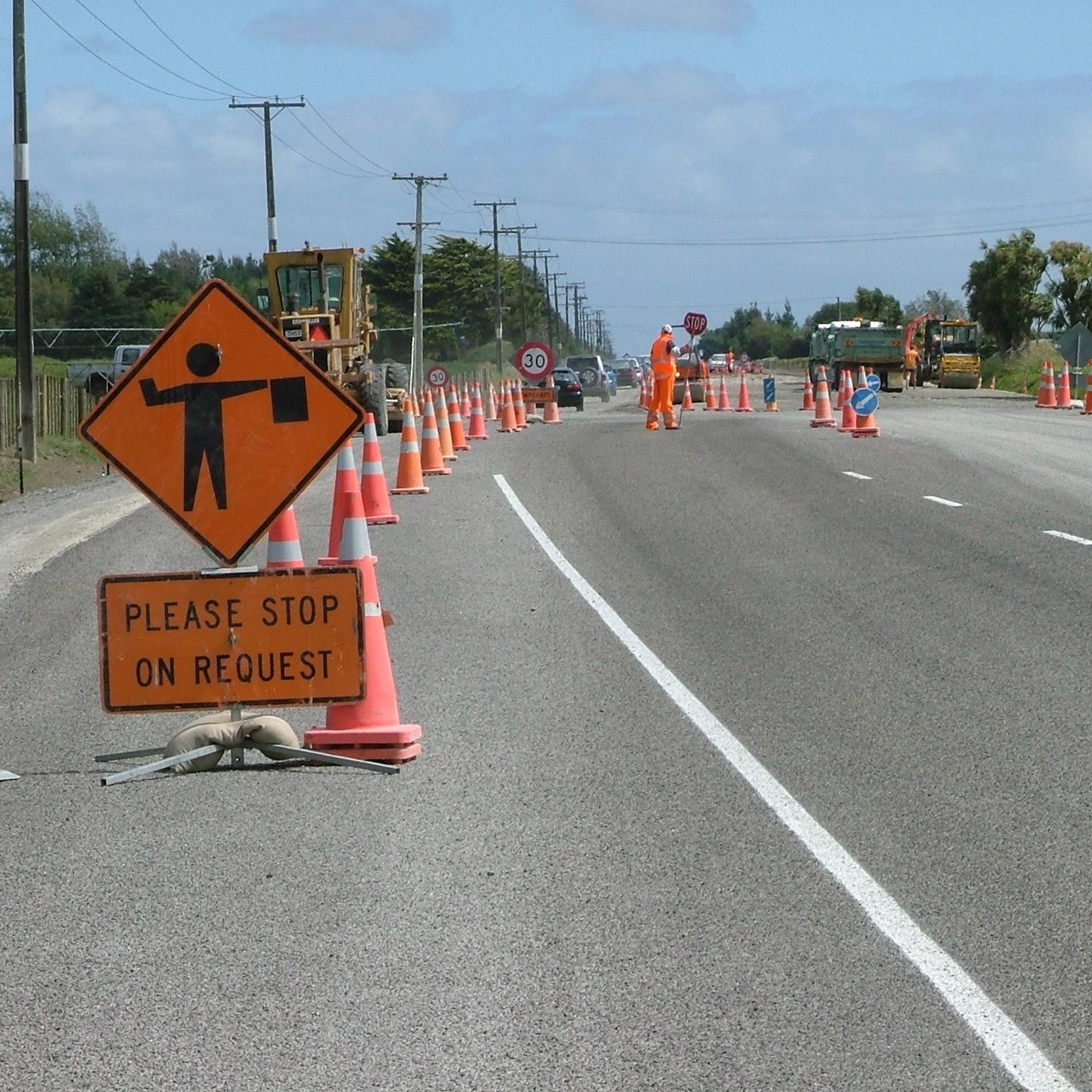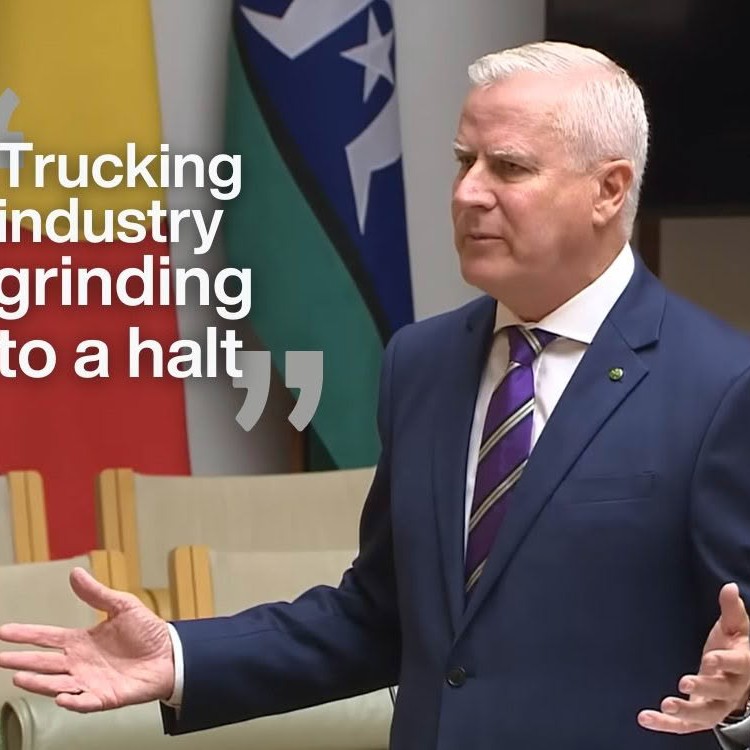
ACC injury claims tracking down
As part of our regular catchup with ACC and our request for data it was great to see with injury claims in the “Road freight transport” category have continued to trend down generally over the last 8 years. 2024/25 claims in road freight transport are the lowest since 2017/18 and represent a decrease of about 34% over that period.
We haven’t had a chance yet to look into why there has been this success but given our industry has done very well compared to the performance in the Warehousing and Storage Services sector, it is another example of why I’m perplexed about ACC’s decision to stop FleetSaver in 2029.
We understand MBIE are shortly due to engage with us on future plans in this area but in the meantime this has created a lot of uncertainty for transport operators, particularly in regard to the increasing the risk of new bureaucracy and compliance costs being introduced which seems the opposite to what the Government want so that’s a discussion we will have with Ministers.
What is startingly clear from the claim stats is that the highest type of injury is a soft tissue injury. The number of claims is six times higher than the next injury type which covers lacerations, punctures and stings. That is helpful to us with developing a strategy and prioritising effort and resources, so we can see further safety wins.
Inquiry into the Ports and Maritime industries welcomed
Late last week we completed our formal submission on the Terms of Reference for the Parliamentary Inquiry into Port and maritime sectors and we are very supportive of the Inquiry.
Over the last several years there have been a number of emerging issues in these areas and the risks associated with these issues appear to be increasing. The issues include: a decline in port productivity levels; the introduction of port charges; increasing risk to costs and charges for services over the Cook Strait; a decline in the levels of service available for crossing Cook Strait; and some near miss health and safety incidents.
We are recommending that the Terms of Reference be changed to ensure it delivers meaningful progress in taking up the opportunities to raise the performance of the ports and maritime sectors.
We’ve also suggested that the connectivity of ports with other modes, particularly road and rail, must be considered as an integrated supply chain.
Freight data at risk
We are presuming that the assessments and evaluations undertaken during the above mentioned Inquiry will be heavily evidence-based and use the best freight data available. Therefore it was a concern to us that at the same time that this Terms of Reference is being developed, the Ministry of Transport announced that despite already having sunk $164,000 into it, it is putting a stop to the next update of the National Freight Demand Study.
At a time when we’re seeing reduced freight capacity across the Cook Strait, serious international trade uncertainty, falling rail volumes, and huge pressure on the National Land Transport Fund, we need to be making well-evidenced investment decisions and stopping that Study will put these decisions at risk.
As part of our efforts to increase diversity in our workforce we recently supported the Innovative Young Minds programme which has a goal of inspire a new generation of female innovators and industry leaders.
The programme is designed to encourage young women to explore science, technology, engineering, mathematics and high-tech manufacturing – the STEMM sector.
Forty year 11 and 12 female students from the lower North Island gathered for a week-long programme of personal development which included a function at Parliament, visits to STEMM related industries and being asked to solve a technical challenge. Transporting New Zealand presented them with a transport decarbonisation challenge on Sunday afternoon and returned five days later along with two other judges to hear them present their solutions.
I was highly impressed at the way the students sang, spoke then networked at the Parliamentary function for them during the week. However, I was almost staggered at how well they considered our transport decarbonisation challenge. The confidence, research, investigative detail and technical thinking was outstanding.
I’m not avoiding the fact that our country and our industry have a lot of challenges ahead, but these young women also showed there is a lot of great potential among our young people and that is something to look forward to.
